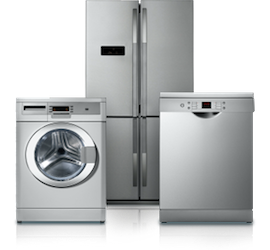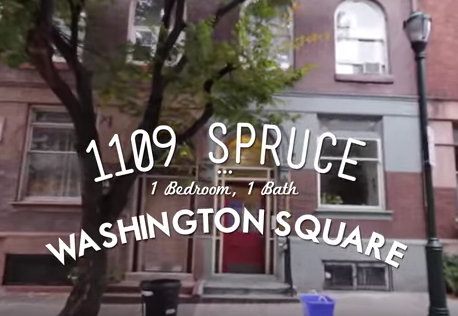Attention homeowners and prospective homebuyers! This article is for you.
One of the biggest and most overlooked unknowns in buying a home is what repairs will be necessary in the future. Look no further; Solo has demystified the lifespan of home appliances and other improvements.
Read on to learn more about how long your dishwasher or new wall-to-wall carpeting will last.
This graphic below, from Choice Home Warranty, could be the answer to all of your home improvement questions.
The good news is, the bigger the investment, the longer the life span in most cases.
While smaller household items – a mattress, rug, or window AC unit – all clock in at a seven year or less life span, some of the more expensive appliances – a washing machine, water heater, or gas oven – should last you closer to fifteen or twenty years.
Anomalous to this general rule of thumb is the doorbell, with a life span of 45 years!
Note the additional statistics that help the current homeowner considering upgrades: what features tend to be favored in a home, such as gas heating versus electric heating, as well as the standard amount to expect to spend on home repairs and upgrades.
Please include attribution to ChoiceHomeWarranty.com with this graphic.
Thanks to Choice Home Warranty for sharing this great graphic, and for naming Deborah Solo one of the top realtors in Philadelphia last year!
Opening image courtesy of the Association of Home Appliance Manufacturers.






